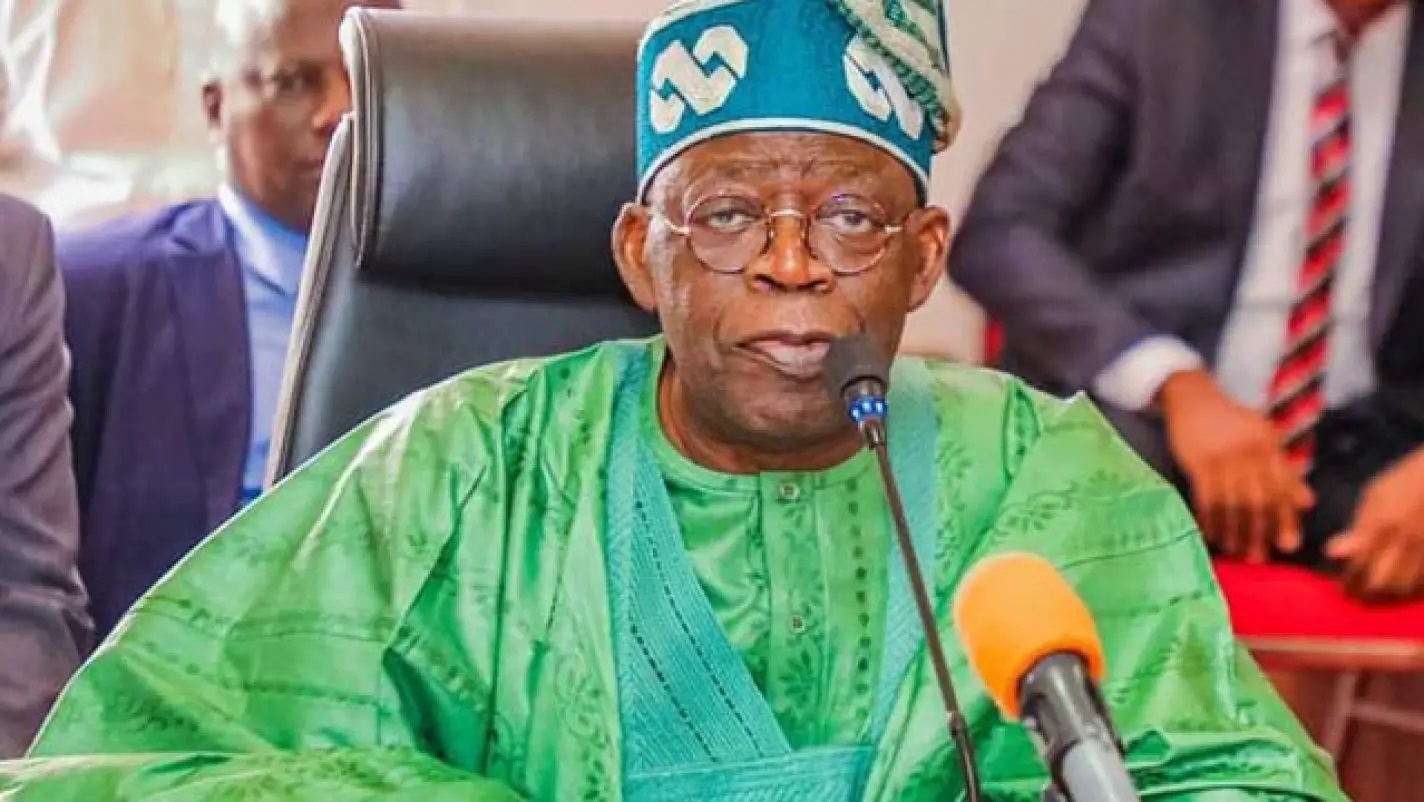Following an investigation, the BBC reported yesterday that it had discovered evidence that some of the results from Nigeria’s February 25 presidential election had been tampered with, with notable irregularities in Rivers state, a crucial election-day battleground.

Contrary to the governor of Rivers State, Nyesom Wike’s claims that he helped the former governor of Lagos win, the BBC reported that its investigation revealed Peter Obi of the Labour Party (LP) had won the election in that state rather than Bola Tinubu of the All Progressives Congress (APC).

The worldwide broadcast organisation emphasised that while not enough to affect the election’s overall national result, there are also concerns about the identification of an election officer who read out some of the ballots.
The electoral commission posted images of the polling station results sheets online for the first time in a Nigerian election, according to BBC, allowing for the addition of all the polling station sheets and a comparison with the results announced at the state level.
READ ALSO: According To Peter Obi, If APC Wanted Nigeria To Work, They Should Have Presented Osinbajo As Candidate
The BBC reported that while the official result in the state gave a clear majority to Tinubu of the APC, its tally suggested that Obi of LP had actually received the most votes in the state by a wide margin. This was after adding up the voting tally sheets from over 6,000 polling stations in Rivers state, where many of the opposition complaints had been made.

However, it added that despite searching the election website for each and every one of the 6,866 voting places in Rivers state, it was unable to get results from every single one of them.
The BBC emphasised that for roughly 5% of polling locations, the photographs of tally sheets were too blurry to read, stating that some were improperly uploaded and others were missing, even a month after the date of voting.
“We found an increase of just over 106,000 in Mr Tinubu’s vote in the official declaration when compared with our polling station tally – almost doubling his total in the state. In contrast, Mr Obi’s vote had fallen by over 50,000,” the report added.
“ It’s reasonable to assume that the official count would have included these as they would have had the original documents,” the report stated.
BBC reported that there were no results at all in another 17% of the cases. Many of them would have been locations where voting was not conducted because of security concerns or a lack of voting materials. Others were unable to upload the documents because of technical issues, it suggested.
Two places stood out as having the biggest differences, according to the BBC, the first of which was the Oyigbo local government area, where the vote for Tinubu was revealed to have been six times bigger in the officially announced results than in its polling station count. “Peter Obi’s votes had been cut in half,” it declared.
According to the BBC report, the second local government area where there were significant inconsistencies was close by Obio/Akpor, where the official vote total for Tinubu was 80,239 but only 17,293 ballots were tallied from polling places.
“The count for Mr. Obi was officially announced as just 3,829 votes, but the BBC counted 74,033 votes for him on the tally sheets,” the BBC reported.
According to the BBC, its research highlighted questions about the identity of Dr. Dickson Ariaga, an Oyigbo election official who proclaimed his name and that he worked for the Federal College of Education in Omoku.
While other findings matched those on the collation sheet the BBC had acquired, it noted that when Ariaga arrived at Mr. Tinubu’s APC, he read out “16,630” rather than the 2,731 that was put on our snapshot of the sheet.
“Then for Mr. Obi’s party (LP), the figure changed again – instead of the 22,289 seen on the sheet, he announced “10,784”, more than halving his vote,” the report said.
It claimed to have sent a reporter to the Federal College of Education in Omoku, roughly two hours’ drive north of Port Harcourt, where Ariaga had claimed to work when presenting himself, suggesting that there was some mystery around him.
According to our records, both from our payroll and from our human resources, there is no such name in our system, and we are unaware of such a person, the Deputy Provost Moses Ekpa told the BBC.
When its findings were presented to Nigeria’s Independent National Electoral Commission (INEC), it noted that Johnson Sinikiem, INEC’s regional spokesman in Port Harcourt, told the news outlet that INEC had to accept some people without verifying their identity documents due to a “gross shortage of time and personnel.”
“If he had presented himself as a lecturer from (the college in Omoku) and it’s otherwise, then he is dishonest,” the regional spokesperson for INEC was cited as saying.
“We also requested a response from INEC’s Abuja headquarters regarding our observations of irregularities in the results in Rivers state. We were informed that owing to current legal issues, they were unable to comment.
“This is just one case in one state in southern Nigeria where the evidence points to the results having been manipulated,” according to the BBC.

















